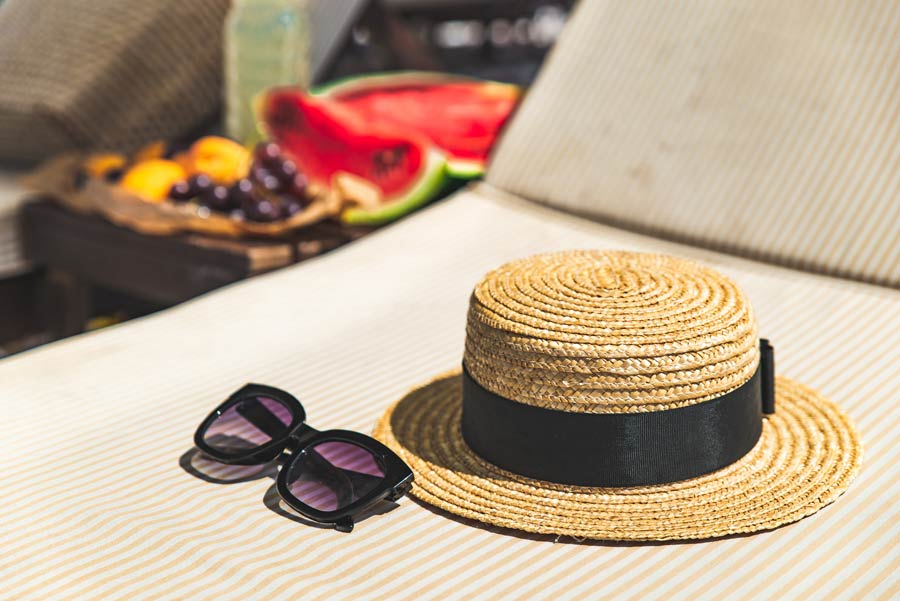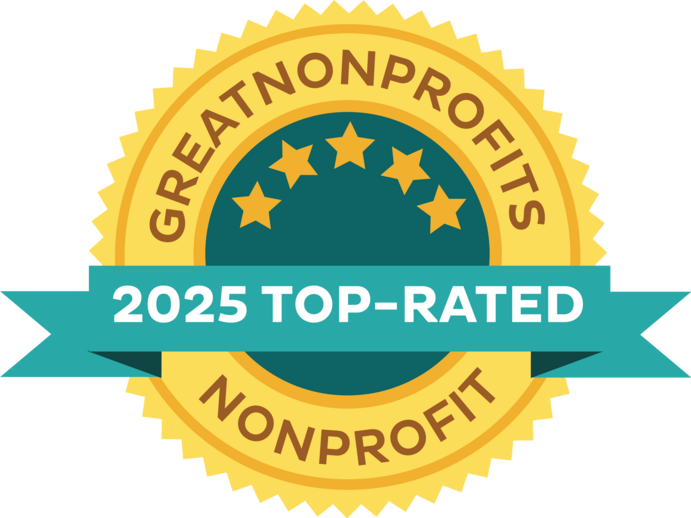A recent study suggests that, along with traditional sun protection strategies, eating grapes may offer some benefit in keeping skin safe from ultraviolet radiation.
Should grapes be part of your sun protection strategy? Research published in the Journal of the American Academy of Dermatology suggests that, along with tried-and-true methods like applying sunscreen, seeking shade and covering up, eating grapes might provide some protection from the sun’s ultraviolet (UV) radiation.
What’s in a Grape?
In the study*, investigators looked at the impact of consuming whole grape powder (equivalent to about 2.25 cups of grapes per day) on the level of photodamage skin sustained from UV light. Subjects had their skin response to UV light measured before and after the 14-day experiment, and the results showed that the participants displayed higher levels of protection after consuming the grape powder for two weeks.
“The findings of this study are promising in that it demonstrated that a grape diet provided an increase in the MED (mean erythema dose),” explains Matthew Mahlberg, MD, a dermatologist practicing in Denver, CO. “This is a measure of how much UV is required to create skin redness, a marker of DNA damage. In this way, a grape diet was acting as a sort of ‘oral sunscreen’ that could supplement the topical forms that we put on our skin.”
Evaluating foods for their health properties is nothing new; in fact, growing evidence shows that foods high in certain nutrients may indeed help prevent skin cancer. Polyphenols, a micronutrient found in grapes and other plant-based foods, have antioxidant properties and may offer some level of UV protection.
While this is encouraging news for sun protection-savvy grape lovers, Dr. Mahlberg cautions that traditional sun protection methods like topical sunscreen and UV-protective clothing are still imperative.
“Eating grapes would best be used as an adjunct to these more well-established methods,” he says, adding that more research is necessary to determine exactly how beneficial grape consumption is in relation to other sun-protection methods.
The Skin Cancer Foundation recommends daily use of a broad-spectrum sunscreen with an SPF of 15 or higher, and a broad-spectrum sunscreen with an SPF of 30 or higher for extended outdoor activity. Don’t forget to cover up with clothing, including a wide-brimmed hat and UV-protective sunglasses. Then next time you’re out for a picnic, enjoy a snack of grapes in a nice shady spot!
*Note that this study is focused on eating grapes and does not offer evidence that drinking wine made from grapes provides any benefits. In fact, drinking certain wine may increase your risk of skin cancer.





